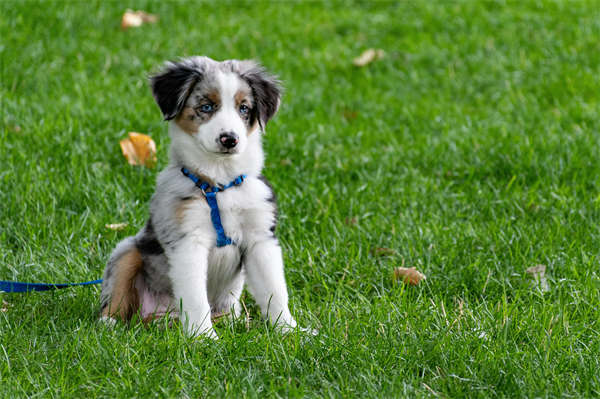Dogs, often considered man& 39;s best friend, have a unique way of communicating their feelings One curious behav

Dogs, often considered man's best friend, have a unique way of communicating their feelings. One curious behavior dogs exhibit is yawning. What does it mean when our canine companion yawns? We will explore the fascinating world of dog body language and how a simple yawn can communicate much more than we realized.
Canine Yawning: More Than Sleepiness?
Just like us, dogs yawn - a seemingly ordinary act involving a wide-open jaw and a deep breath. Some dogs associate it with a high-pitched sound; others yawn in silence. But unlike us, where yawning usually signifies tiredness, for dogs, yawning can be a form of rich communication.
Yawning as an Indicator of Sleepiness

If you observe your dog yawning as they wake up, start to sleep, or during the early morning or late evening, it generally implies they're tired. Along with yawning, they might heave relaxed sighs and display droopy eyes. Such yawning is usually innocuous and doesn't need any intervention from our side.
Yawning as an Appeasement Gesture
A yawning dog can also mean it's trying to convey a 'calming signal' or appeasement gesture. This signal is often in response to a perceived threat. If a person or another animal approaches the dog, it might look away and yawn. This behavior reflects the dog's anxiousness but also reassures that it doesn't intend to attack.
Yawning as a Sign of Stress
Stressed dogs might yawn more frequently. For example, during a car ride, at a veterinary clinic, or amidst a thunderstorm, the dog might mix yawning with intermittent panting or whining. Recognizing yawning as a stress signal helps us understand our furry friends better and allows us to provide them appropriate comfort.
Responding to Incessant Dog Yawns
Seeing your dog yawn frequently could be worrying but understand what your dog is trying to communicate is essential: it could either be sleepiness or an exposure to anxiety-inducing circumstances. However, the appropriate response to each cause varies.
Yawning and Sleep
If your dog seems tired, respect its sleep need. Remember, dogs love their sleep. They might just need a quiet, safe space where they can relax without worries. If they're struggling to find such a space, try to facilitate it for them.
Yawning and Anxiety
If the yawning is driven by anxiety, identify the triggers. These could be raucous children near the dog's resting area, physical discomfort like a tight hug, harsh reprimands, or other challenging situations. Knowing what causes distress enables you to alleviate or prevent these stressors for your dog.









